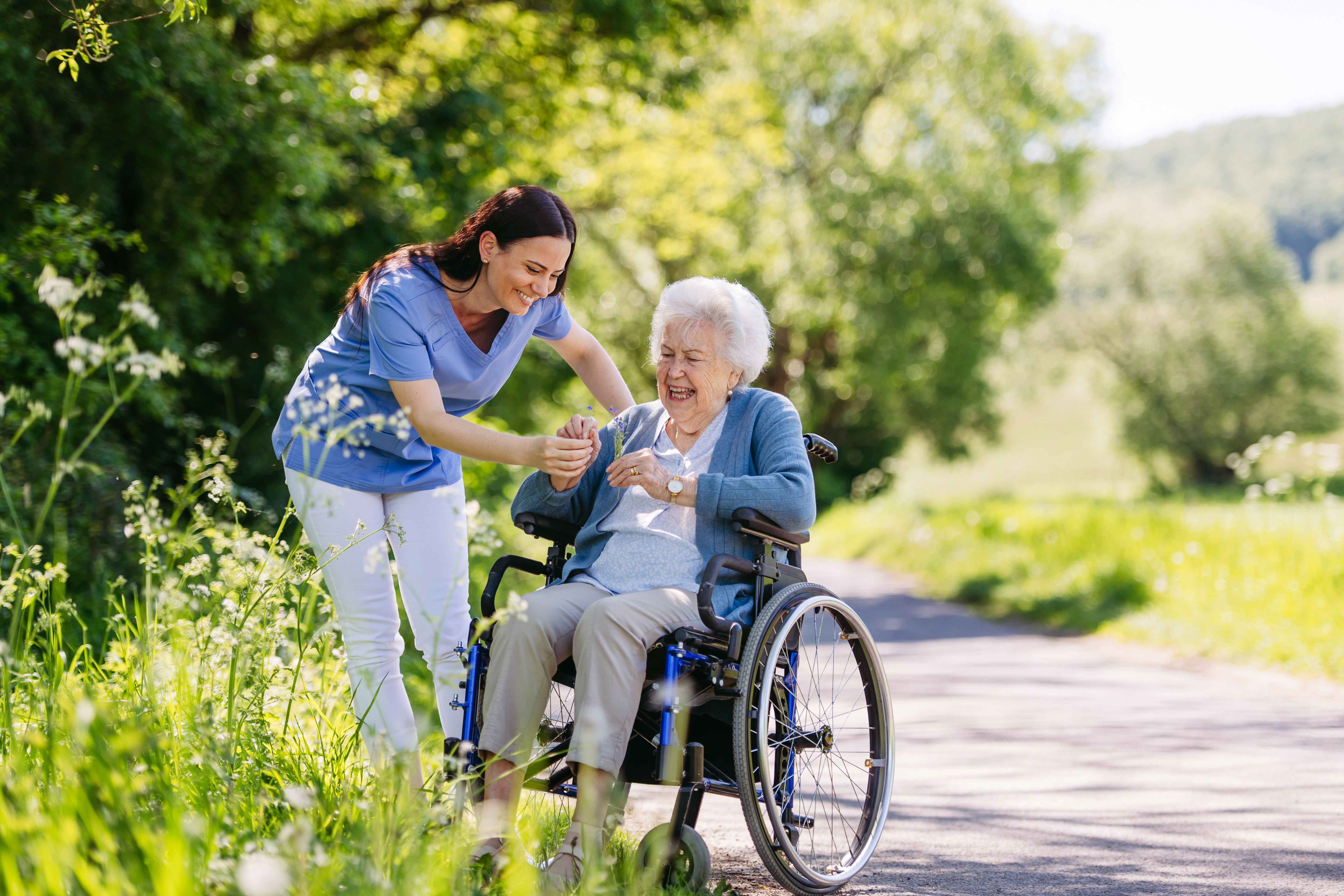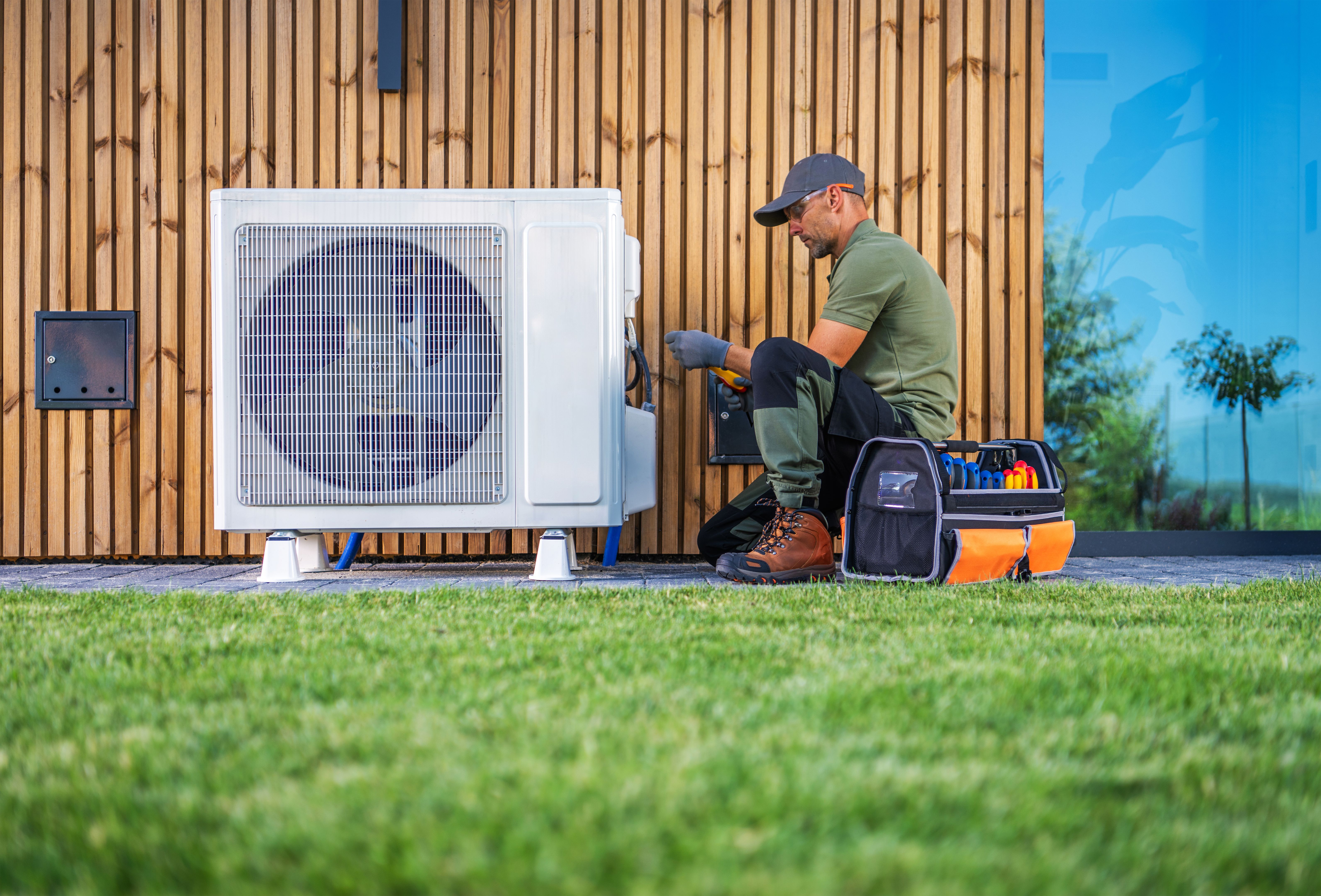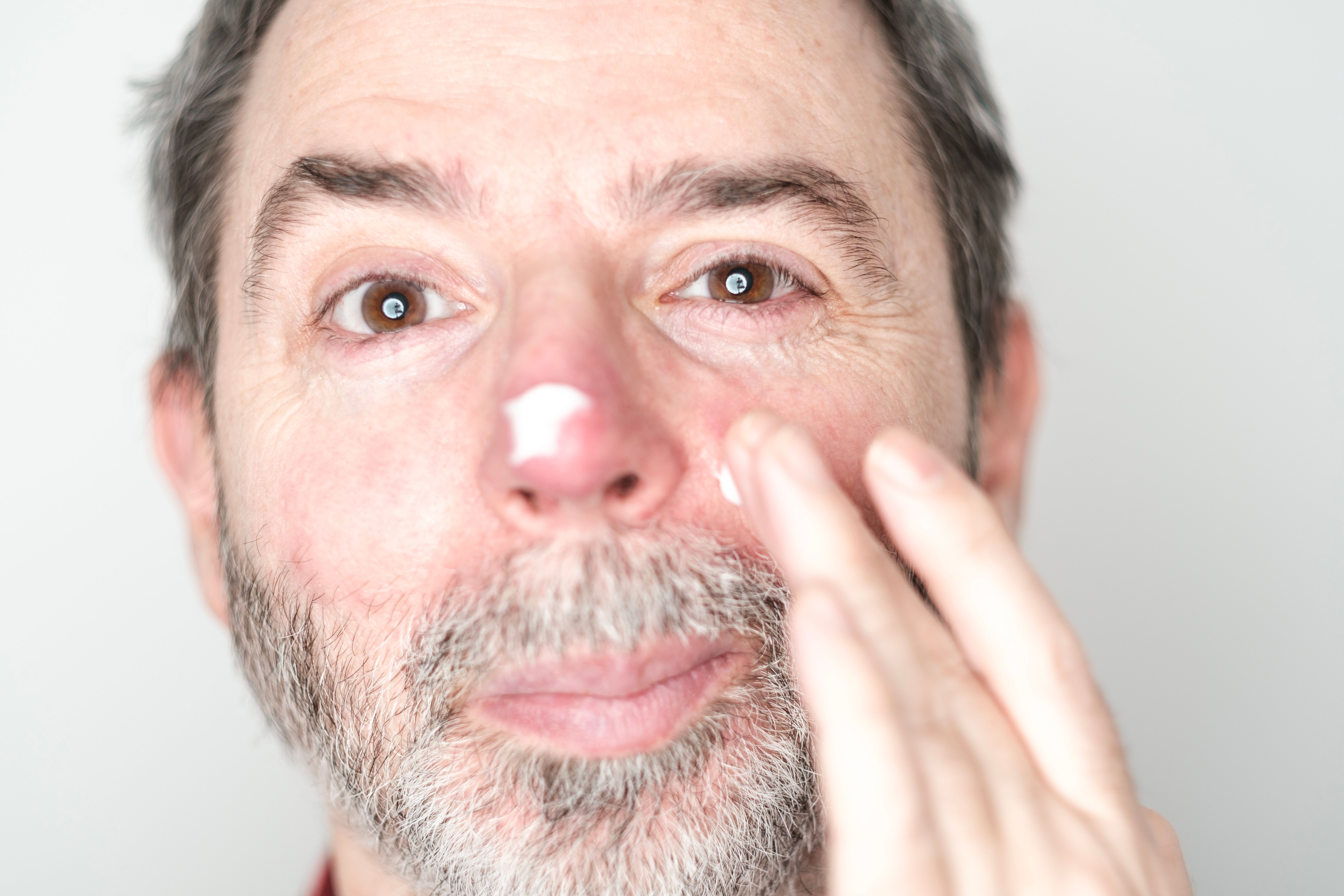Preparing for Arizona's Summer: Elderly Care Tips
Understanding the Risks of Arizona's Summer
Arizona's summer is notorious for its extreme temperatures, often reaching over 100 degrees Fahrenheit. For the elderly, these conditions can pose significant health risks, including dehydration, heat exhaustion, and heat stroke. It's crucial to be aware of these dangers to ensure the safety and well-being of older adults during the scorching summer months.
While everyone should be cautious in the heat, seniors are particularly vulnerable due to factors like reduced perspiration and chronic health conditions. Thus, taking proactive steps to manage their environment and routines is essential for staying healthy and comfortable.

Staying Hydrated
One of the most important tips for elderly care during Arizona's summer is ensuring adequate hydration. Older adults often experience a reduced sense of thirst, which can lead to dehydration without them realizing it. Encourage regular water intake throughout the day.
Consider setting up reminders or schedules for drinking water. Foods with high water content, such as cucumbers, watermelon, and oranges, can also contribute to hydration. It's best to avoid caffeine and alcohol as they can further dehydrate the body.
Keeping Cool Indoors
Maintaining a cool indoor environment is crucial. Ensure that air conditioning systems are working efficiently and are accessible. If air conditioning is not available, fans and cool damp cloths can provide relief. Closing blinds or curtains during the hottest parts of the day can also help reduce indoor temperatures.

Additionally, consider spending time in public places like shopping malls or community centers that offer air-conditioned environments. Many communities also have programs to help seniors with cooling costs or access to cooling centers during extreme heat events.
Dressing Appropriately
Clothing choices can significantly impact how seniors feel in the heat. Lightweight, loose-fitting clothing made from natural fabrics like cotton can help keep the body cool. Light-colored clothing reflects sunlight, whereas dark colors absorb it, making light colors preferable.
Encourage wearing hats and sunglasses when outdoors to protect from direct sunlight. Applying sunscreen with an SPF of at least 30 can also prevent sunburns and reduce the risk of skin cancer.

Recognizing Signs of Heat-Related Illnesses
It's vital to recognize the symptoms of heat-related illnesses early. Signs of heat exhaustion include heavy sweating, weakness, cold or clammy skin, nausea, and fainting. Heat stroke is more severe and requires immediate medical attention. Symptoms include a high body temperature, confusion, dry skin, and loss of consciousness.
If any symptoms are noticed, it's essential to move the individual to a cooler place immediately and provide water if they are conscious. Seeking medical attention promptly can make a significant difference in outcomes.
Community Resources and Support
Utilizing community resources can alleviate some challenges faced by seniors during Arizona's summer. Many local organizations offer services such as wellness checks, transportation to cooling centers, and assistance with utility bills.
Establishing a network of support among family members, friends, and neighbors is also beneficial. Regular check-ins can ensure that seniors are managing well and provide an opportunity to offer help if needed.

By taking these precautions and staying informed about weather conditions, caregivers and loved ones can help ensure that elderly individuals remain safe and healthy throughout the summer months. Prioritizing their comfort and well-being can make all the difference during Arizona's challenging summer season.